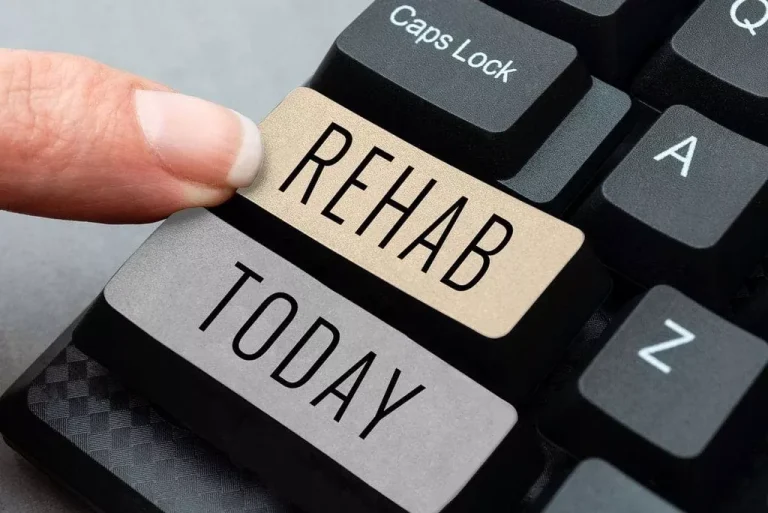
For people with alcohol use am i an alcoholic disorder, stopping and managing alcohol use can be challenging. It may negatively impact your relationships — both personal and professional — and affect your mental and physical health. The severity of your alcoholism can affect your treatment options. People with mild alcoholism will likely benefit from interventions such as counseling, behavioral therapy and 12-step support groups. If you are worried about your relationship with alcohol, talk to a professional about your concerns.
Charitable Care & Financial Assistance

Anyone who experiences concerns or troubles due to alcohol use may likely have a drinking problem. A problem with alcohol does not necessarily make a person an alcoholic, though. Exploring the differences between alcohol abuse and alcoholism can help people determine whether they have an addiction. If you scored six or higher on this alcohol addiction self-assessment then it is highly likely that you are suffering from an alcohol use disorder.
- If you are concerned that you or a loved one may be struggling with alcoholism then our “am I an alcoholic” quiz can help.
- Often, in trying to “help,” well-meaning loved ones will actually do something that enables someone dependent on alcohol to continue along their destructive paths.
- This free, medically-reviewed alcohol use test is meant for anyone who thinks they may benefit from an evaluation for alcohol use disorder.
- While it may seem difficult or impossible, quitting drinking is achievable.
- If your pattern of drinking results in repeated significant distress and problems functioning in your daily life, you likely have alcohol use disorder.
Signs of Alcoholism & Symptoms of Alcohol Withdrawal
- Of distilled spirits, according to the National Institute on Alcohol Abuse and Alcoholism (NIAAA).
- It’s common for someone with AUD to try to blame their drinking on circumstances or others around them, including those who are closest to them.
- First off, both the problem drinker and the alcoholic need to address their drinking.
- Consider talking with someone who has had a problem with drinking but has stopped.
Keep in mind that the results may not be as accurate because they’re based on your perception of them and not their direct personal experience. If you have a pattern of suddenly feeling very sick after consuming alcohol, you may have developed sudden onset alcohol intolerance. There are various types of alcoholics, and not everyone with an alcohol problem fits a stereotype.
Don’t Take It Personally

See if you might have an alcohol use disorder or if someone you know could need treatment. Sometimes excessive drinkers—like heavy drinkers and binge drinkers—have alcohol use disorder, but not all. When excessive drinkers decide to quit, they quickly improve their lives, feel more energy, and have better relationships.
- This score indicates that an addiction to alcohol has already formed.
- Alcohol abuse refers to a pattern of behavior where a person drinks excessively in spite of the negative consequences.
- Talking to an addiction counselor can help you better understand the situation and work through your feelings.
How is your perception of self connected to drinking?
One of the signs that there might be a problematic relationship with consuming alcohol is when it’s a habit that’s hard to break. If you try to cut back or stop and find that it’s harder than you thought, consider whether alcohol has started to play too big a role for you and whether some additional support might be needed. Natural consequences may mean that you refuse to spend any time with the person dependent on alcohol. The key to dealing with alcohol dependency in the family is staying focused on the situation as it exists today. It doesn’t reach a certain level and remain there for very long; it continues to get worse until the person with an alcohol problem seeks help. However, if you feel a problem may be developing then stop or speak to a professional.
